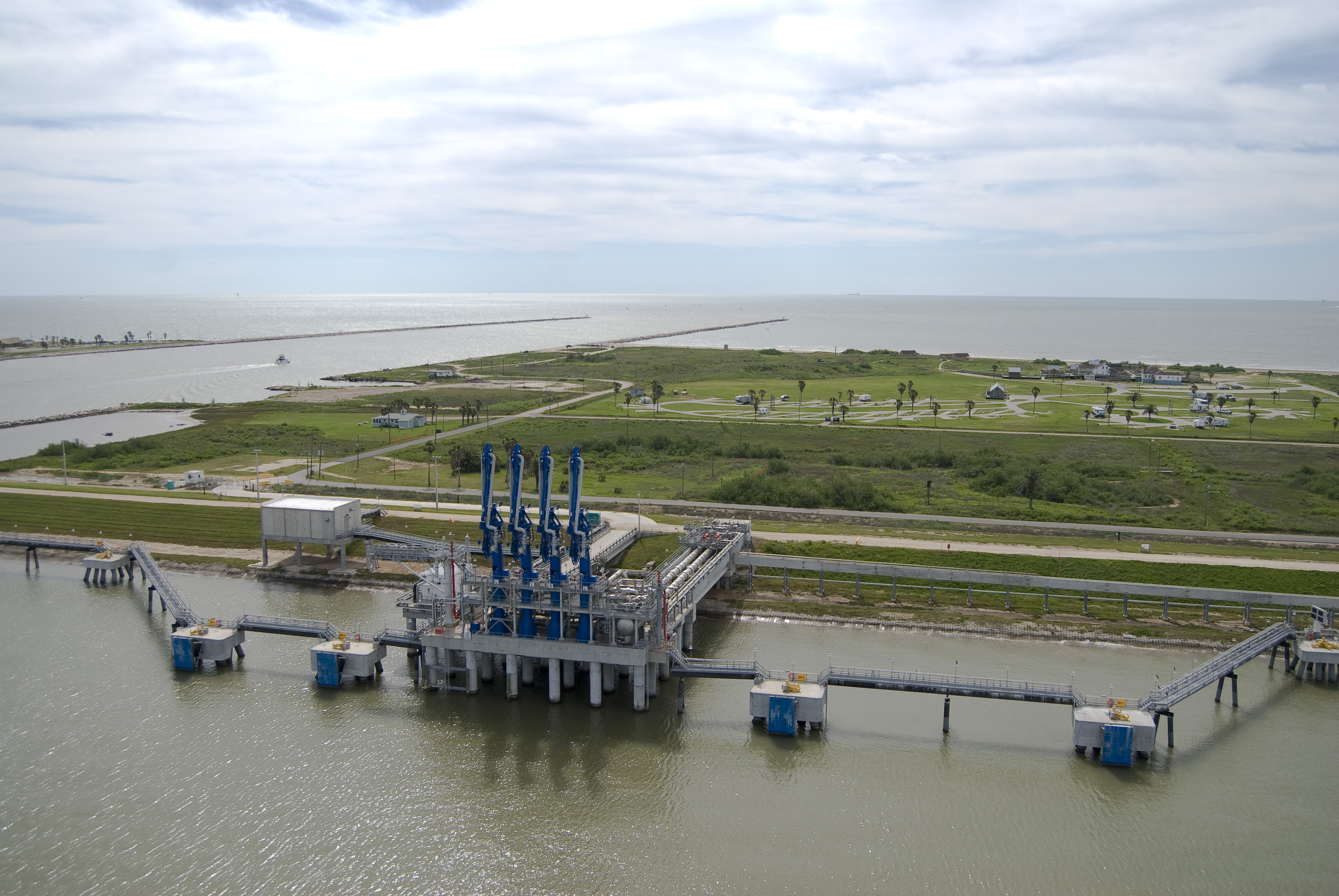Freeport LNG Feedgas Flows Drop Sharply, Raising Supply Concerns
(Reuters) — Feedgas flows to Freeport LNG, the second-largest U.S. LNG exporter, dropped sharply over the weekend and were still down for the third day in a row on Monday, LSEG data showed.
Input levels on the pipeline serving the facility showed feed levels had fallen to 702.9 million cubic feet per day (mcf/day) on Sept. 9 and dropped further to 284.3 mcf/day on Sept. 10, down from 1,640.3 mcf/day Sept. 8, LSEG data showed.
Feedgas for Monday, Sept. 11, stood at about 622 mcf/d.
Freeport LNG declined to comment when contacted by Reuters.
Gulf South Pipeline, through which Freeport LNG receives feedgas, said in a note on its website that due to "Customer’s failure to take confirmed quantities" to Freeport LNG, it anticipates confirmation reductions for the remaining nomination cycles for Gas Day 10/09/2023.
The Freeport facility accounts for roughly 20% of U.S. LNG processing capacity, drawing 2 billion cubic feet per day (Bcf/d) of natural gas from U.S. shale producers.
"The plant often experiences unit trips, but the drop in feedgas flows over the weekend suggests that at least two trains are not taking any gas," said Leo Kabouche, LNG market analyst at consultancy Energy Aspects.
The Freeport export plant in Texas was shut down after a fire in June 2022, and exited an eight-month outage in February.
U.S. natural gas futures held near a one-week high on Monday on a big daily drop in U.S. output and much higher global gas prices, but capping those gains were forecasts for milder weather, lower demand over the next two weeks and the reduction in feedgas to Freeport LNG.
Demand for U.S. LNG increased after several countries slowed purchases of Russian energy and imposed sanctions on Moscow after Russia's invasion of Ukraine in February 2022.
The combination of those sanctions and the Freeport LNG shutdown drove gas prices to record highs in Europe and Asia in 2022.
An outage at the facility would add to market concerns over global LNG supply as workers at Chevron's Gorgon and Wheatstone LNG projects in Australia began hours-long work stoppages on Friday, with the industrial unrest leading to a spike in European gas prices.
The workers plan a total strike for two weeks from Sept. 14, while Chevron said it would ask Australia's industrial relations tribunal to intervene to halt strike action.
Related News
Related News

- Freeport LNG Plant Runs Near Zero Consumption for Fifth Day
- Biden Administration Buys Oil for Emergency Reserve Above Target Price
- Mexico Seizes Air Liquide's Hydrogen Plant at Pemex Refinery
- Kinder Morgan Declares Force Majeure on West Texas Gas Pipeline After Fire
- Enbridge Picks Contractors for Great Lakes Tunnel Project, Securing Line 5 Pipeline Route
- Pipeline Hydro Test Pressure Determination
- Venezuela Proposes Alternative Payment Plan as Weak Bids Surface in Citgo Auction
- Baker Hughes Wins Contract for Huge Aramco Gas Expansion Project
- Japan Looks at Developing Domestic Pipelines Sector
- Enbridge Picks Contractors for Great Lakes Tunnel Project, Securing Line 5 Pipeline Route





Comments